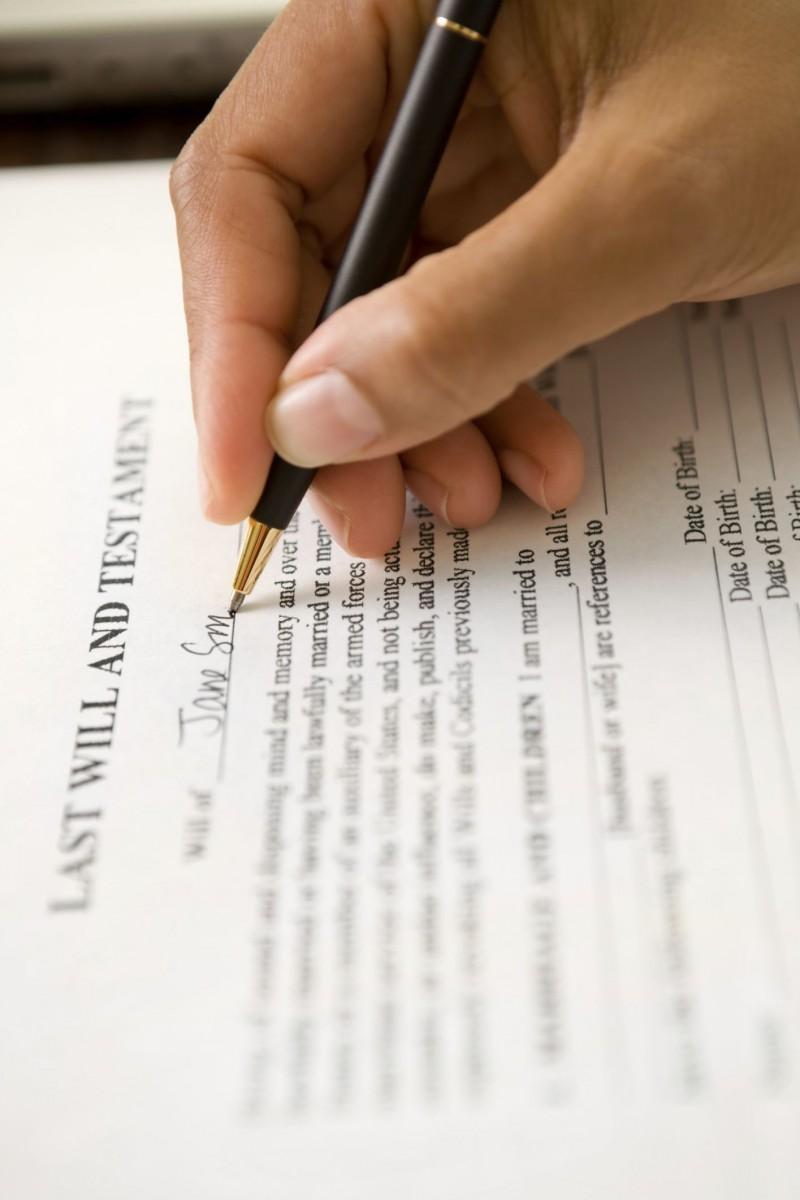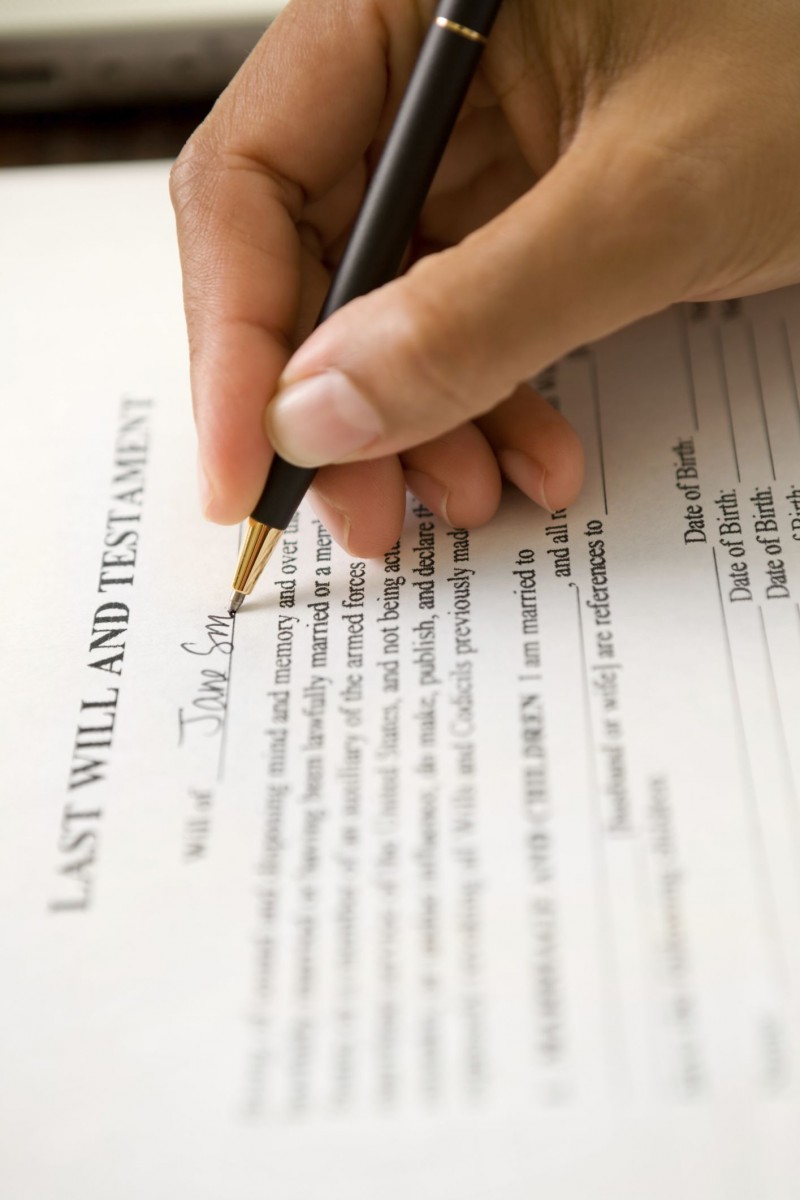Do you have a will? If you answered no, you join the ranks of more than half of Canadian adults (56 percent) who haven’t completed their last will and testament, according to a new survey released by a Toronto insurance company.
In addition, 71 percent of Canadian adults also do not have a signed power of attorney, making them vulnerable in the event that an accident renders them incapacitated, says the survey, released by the Lawyers’ Professional Indemnity Company.
“The absence of a clear, signed will can become a divisive and contentious issue at a time when families are already experiencing grief, and can result in a range of complications, from belongings not going to the person they were intended for to court battles that cost thousands of dollars,” says Ray Leclair, LAWPRO’s acting VP of public affairs.
“Without proper powers of attorney in place, Canadians put at risk their ability to be properly cared for without delay or legal proceedings should they become incapacitated—for example through a major accident that impairs their ability to make decisions.”
The most common reasons the respondents cited for not completing their will? Believing they were still “too young,” not knowing how to get started, or viewing the process as too expensive.
Leclair says the process is not as expensive as many people think—usually a few hundred dollars or less—and can save huge costs down the road by avoiding the legal fees it would cost to sort out assets after the fact.
“This is especially important in today’s world in which we see more common-law relationships, blended families, and second or third marriages,” he says.
“A lawyer will provide guidance on how an individual’s circumstances could affect the disposal of assets in a will, and will reduce the risk of a breach of a technical requirement for a valid will or power of attorney.”
Consequences
The survey notes that many Canadians may not realize the consequences of foregoing a will until it is too late—which gives the government the power to divide their assets.
The laws differ between provinces, but a typical scenario, such as in Ontario, is that if a husband dies without a will, his wife gets the first $200,000 of the estate, and the remaining shares must be divided between the wife and children.
This could be a problem, for example, if the husband wanted his entire estate to go to his wife, or the children are too young. Before the age of 18 the inheritance is held by a trustee and could not be immediately accessed if, for example, it was needed to provide for the loss of income after an unexpected death.
Once the children become of age they are given the inheritance, but the question remains of how well an 18-year-old can manage a significantly large sum.
Wills Not Only for the Wealthy
A common misconception is that only the wealthy have an estate and need to prepare a will, says Jamie Golombek, managing director of tax and estate planning at CIBC Private Wealth Management.
“If you own investments, real estate, vehicles, or other personal effects, then you have an estate,” he said.
“A will is the most basic element of an estate plan that will ensure your assets are passed to your loved ones with minimal grief.”
Golombek says as the baby boomers head into retirement, the issue will become increasingly important.
“Given the mass amount of wealth this group has, the fact that nearly one-third of Baby Boomers are without any kind of will means they will not control who inherits their assets.”
Western Canadians More Likely to Have a Will
A similar poll, conducted for CBC by Harris/Decima, revealed that Western Canadian baby boomers are more likely to have prepared a will than easterners.
Atlantic Canadians aged 45 to 64 were least likely to have a signed will (56 percent) followed by Ontario (66 percent), Manitoba/Saskatchewan (67 percent) and Quebec (69 percent).
Adults in Alberta and B.C. were most likely have prepared for the worst, at 73 and 74 percent respectively.






